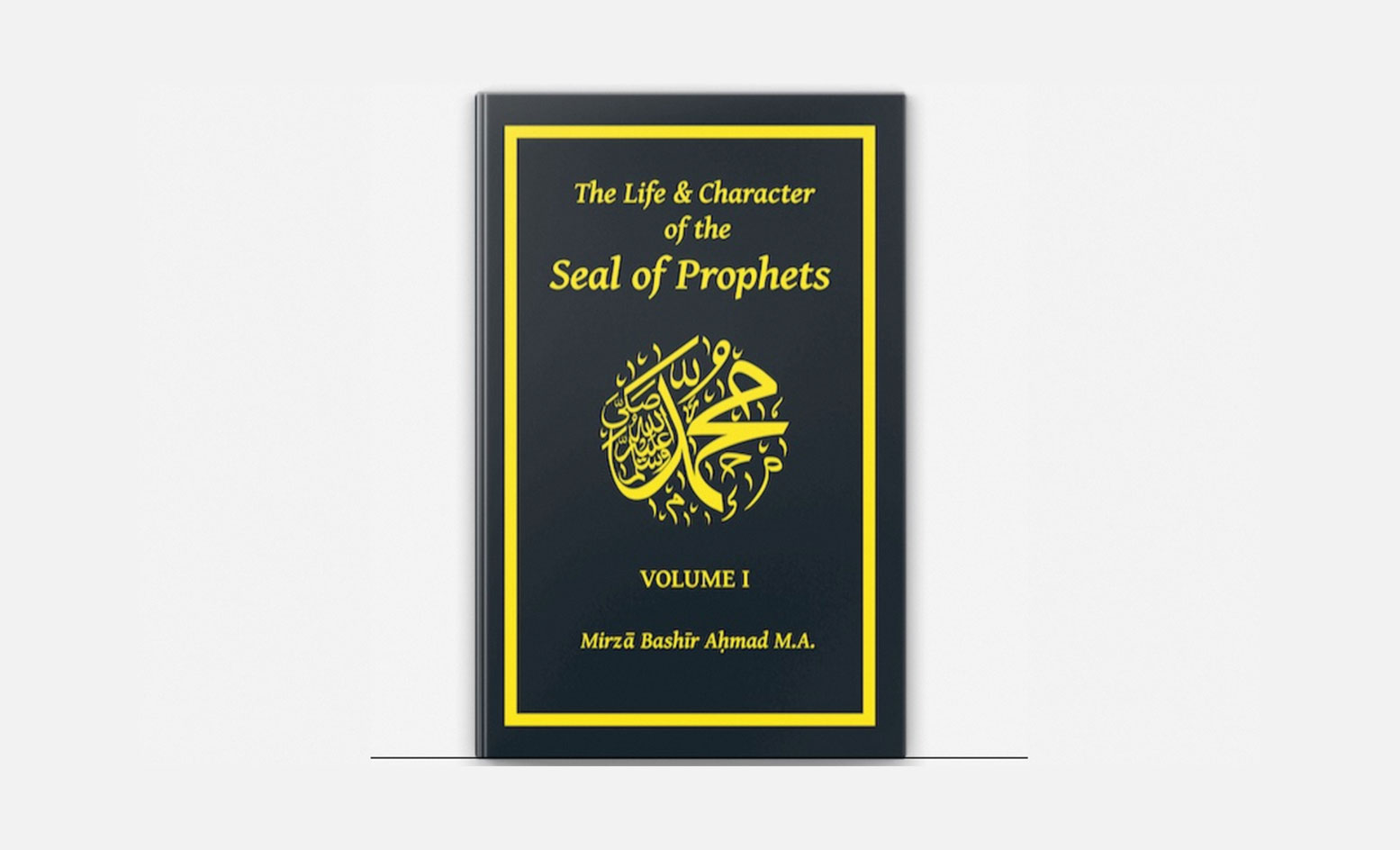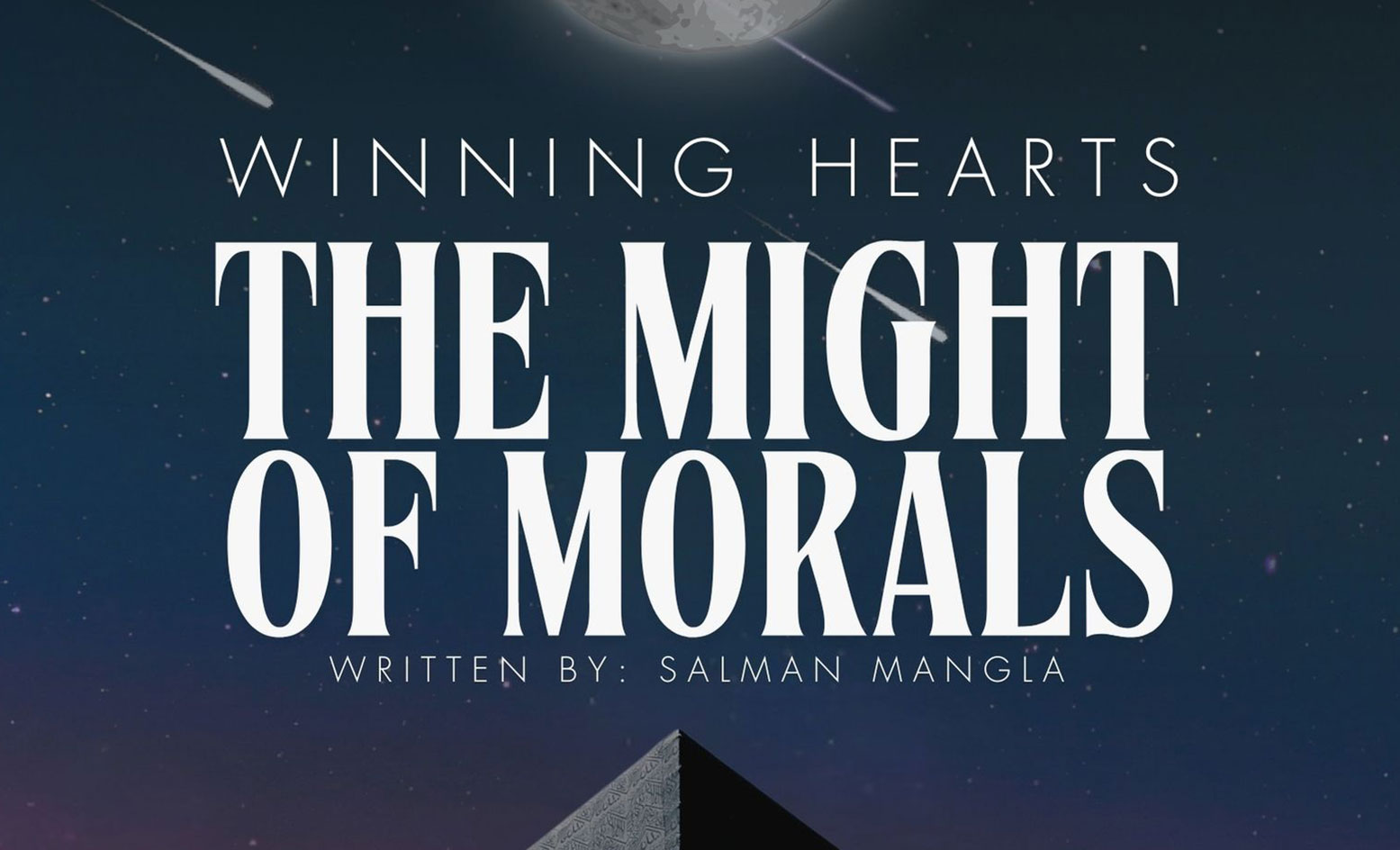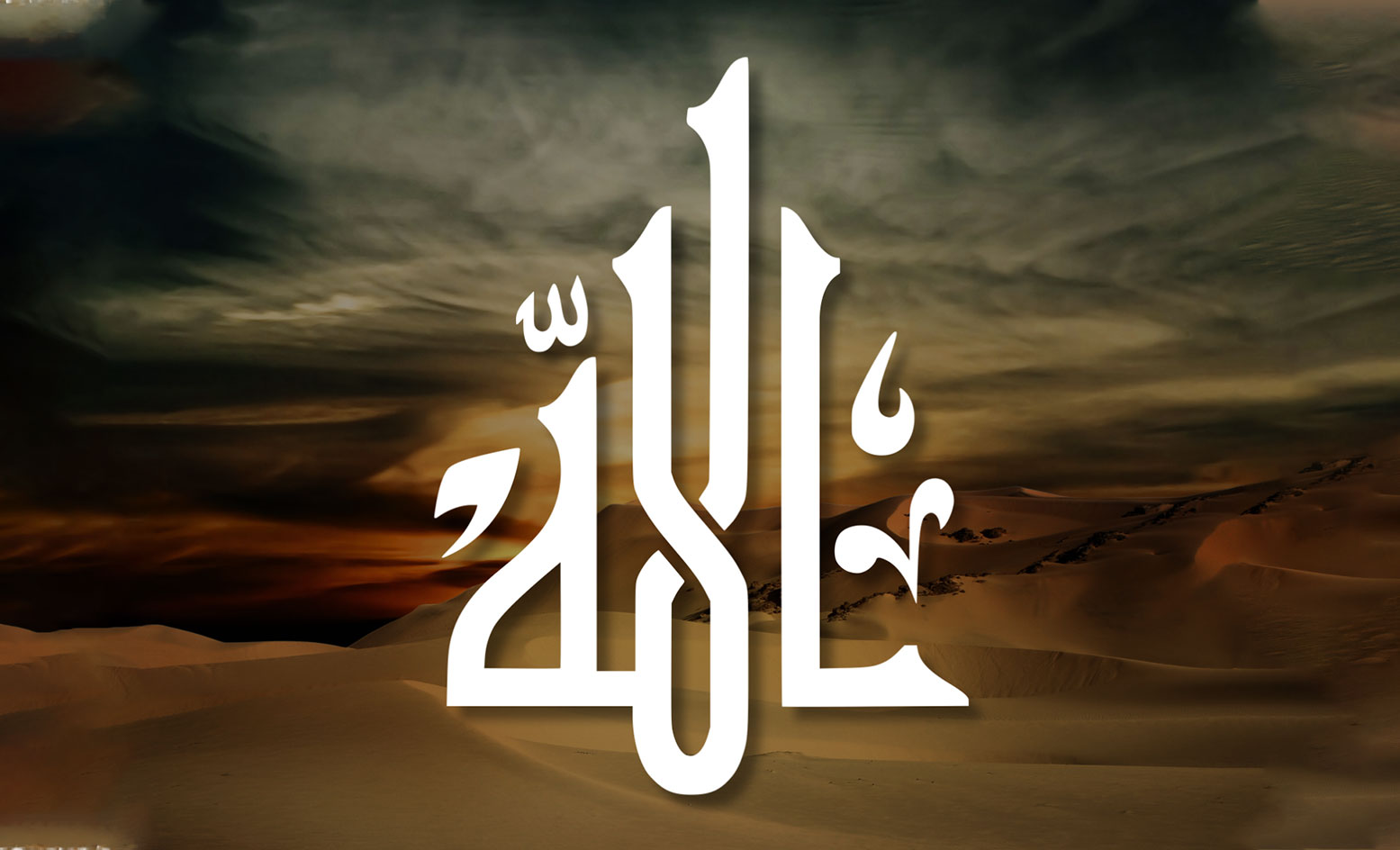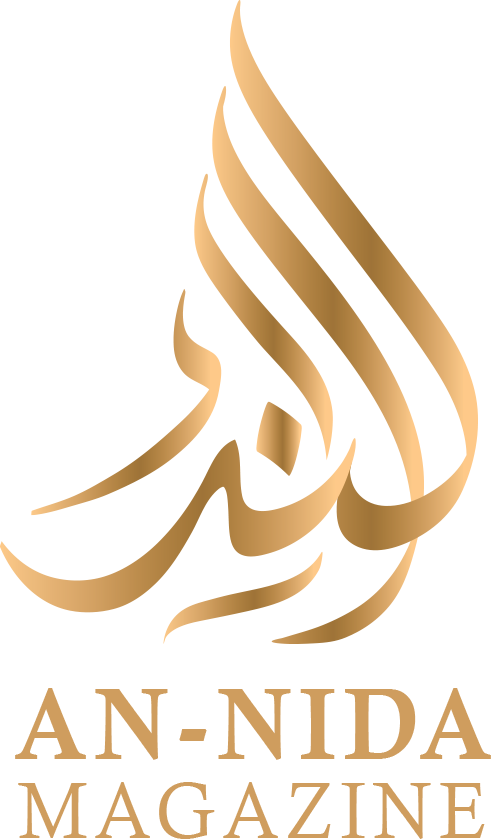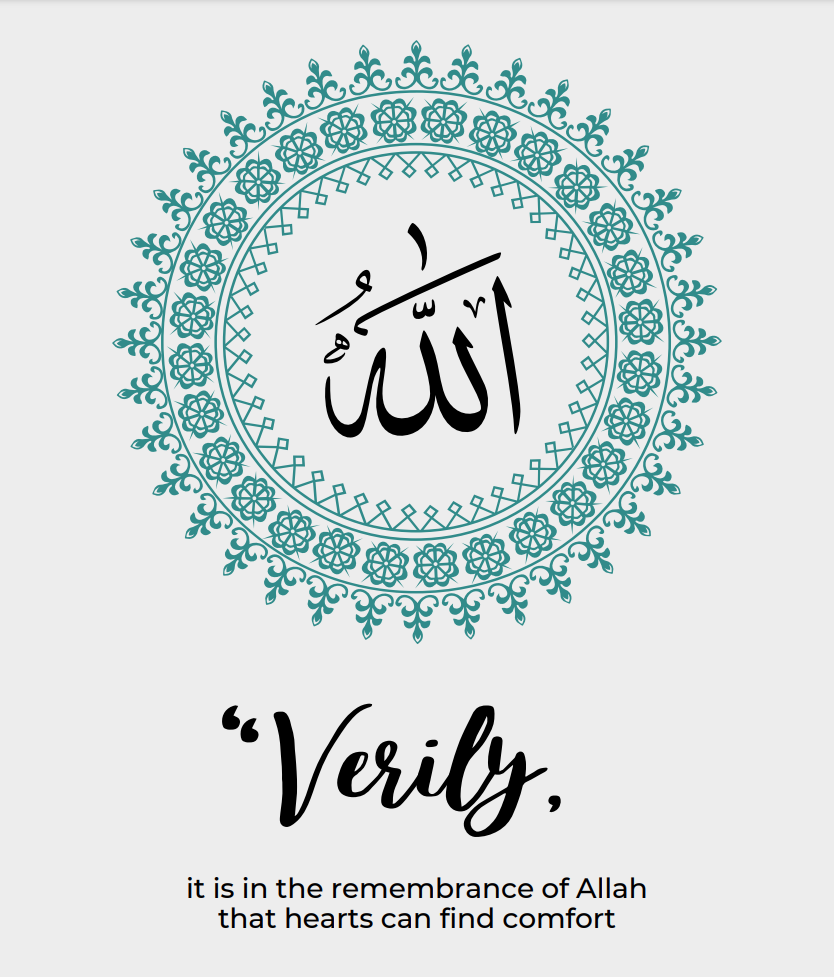
In the busy rhythms of modern life, riddled with difficulties and uncertainties, finding contentment or solace can be a daunting task. However, for Muslims, the path towards inner peace often begins with a simple yet profound practice: Gratitude. The Islamic teaching of gratitude holds profound significance, transcending mere verbal expressions of thanks into a transformative force, shaping a positive mindset and habits that foster contentment. The Islamic notion of gratitude is not merely a fleeting emotion or polite gesture, but rather a deeply ingrained attitude of acknowledging and appreciating all the detailed blessings of life. This concept of gratitude can serve as an anchor, tethering the soul to moments of serenity and fulfillment.
In Islam, gratitude is not merely a sentiment; it is a form of worship. This perspective and guidance to be grateful is extensively echoed throughout Islamic scripture. This article will highlight examples and how this practice in our daily lives, cultivates contentment and elevates spiritual connection.
PRAYER & MINDFULNESS
Cultivating gratitude can deepen spiritual awareness and reaffirm a sense of purpose for Muslims. The daily ritual of Salat (Prayers) incorporate expressions of gratitude into our routine lives and offers moments of deep reflection on the blessings we’re afforded. Salat encourages focus on the present moment and appreciate what we have rather than dwelling on what we lack. This shift in perspective allows us to see the abundance in our life, leading to a sense of contentment with what we already possess and mindfulness of those less fortunate.
This aspect of benevolence is emphasized in the Quran, ‘If you are grateful, I will, surely, bestow more favours on you; but if you are ungrateful, then know that My punishment is severe indeed.’ (The Holy Quran, 14:8)
RELATIONSHIPS
“Happiness is linked to socializing and congregating with others, whereas sadness is linked to keeping isolated and a lack of socialization.” (His Holiness, Hazrat Mirza Masroor Ahmad (AA)). Gratitude strengthens relationships and fosters deeper social bonds. Strong social connections are a key source of contentment in life, as they provide a sense of belonging and support. Therefore, appreciating and valuing the opportunities to connect with friends, family or colleagues can effectively contribute to feelings of fulfillment.
HEALTH & PSYCHOLOGICAL WELL-BEING
Gratitude is strongly linked to positive impacts to our overall health and mood. By cultivating a grateful mindset, through consistent remembrance of Allah’s blessings (Zikr-e-Ilahi), we train our brain to focus on the blessings in life, rather than dwelling on negativity. “And if you try to count the favours of Allah, you will not be able to number them. Surely, Allah is Most Forgiving, Merciful.” (The Holy Qur’an 16:19)
By focusing on what we’re thankful for, we activate the parasympathetic nervous system, which promotes relaxation and counteracts the body’s stress response. This practice is shown to lower levels of stress hormones such as cortisol. This shift in perspective can improve overall mood and well-being, reducing symptoms of depression and anxiety.
RESILIENCE
By regularly practicing gratitude, we build a reservoir of positive emotions that can help buffer against stress and adversity. When we’re grateful, our minds actually become more agile, flexible, and adaptive. This resilience allows us to cope more effectively with stressors and remain steadfast when enduring challenges that life presents. It helps cultivate a sense of optimism and faith, which leads to deeper sense of contentment overall. ‘Verily, It is in the remembrance of Allah that hearts can find comfort’ (The Holy Quran 13:30)
Gratitude in Islam is not just a mere gesture, but rather a transformative practice, that can facilitate spiritual growth and enrich one’s life. By embracing this attitude of gratitude, one can navigate life’s challenges with resilience and nurture a lasting sense of contentment and fulfillment.


